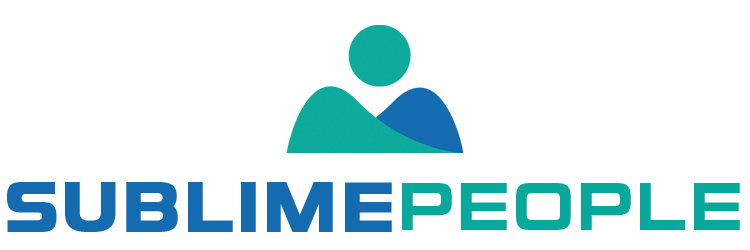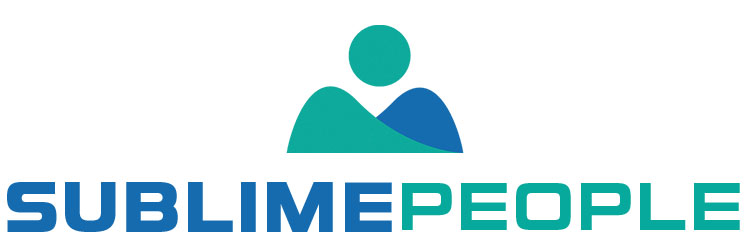Navigating the job interview process can be daunting, especially if you’re just starting out in the world of logistics. Along with creating a resume and cover letter that uniquely highlight your abilities, one of the key requirements is to effectively prepare for an entry-level logistics interview – but where do you start?
To ensure you are completely prepared to successfully impress hiring managers and land that coveted job offer, check out these valuable tips on how to make a great first impression at your upcoming entry-level logistics interview.
In this Article:
1. Research the logistics industry
Researching the logistics industry, including supply chain management and warehouse tracking systems, will help you to understand the basics of a logistics job. Logistics is a field that has many acronyms, such as ASN (Advance Shipping Notice), FCL (Freight Class), and DDP (Duty Denied Protection). Becoming familiar with these terms will make you more desirable as a job candidate. This knowledge will put you ahead of other applicants and demonstrate your genuine passion for the field.
2. Familiarize yourself with the job description
The job description should provide important information about the employer’s expectations and the logistics tasks that you will be responsible for. This information can help you customize your answers and create unique responses to job interview questions.
3. Understand what makes you one of a kind
Before an interview, it’s important to identify what makes you unique and how your qualifications set you apart from other applicants. This could be a life experience, personal skills, or hobbies that make you an ideal candidate. Come up with creative answers to demonstrate why you would be the best fit for the job.
4. Practice common interview questions
There are many common logistics interview questions such as, “How would you handle an unexpectedly delayed freight shipment?” or “What would you do if a customer was unhappy with their delivery?” Prepare for these questions by understanding the four factors that affect logistics; space, time, cost, and service. Additionally, practice answering situational and behavioral questions to prepare for anything the interviewer may throw your way.
5. Prepare interview answers to logistics-specific questions
It’s important to be able to talk knowledgeably about logistics-specific topics like Advance Shipping Notices, bonded warehouses, and freight classes. Be sure to have answers prepared that demonstrate your understanding of the logistics sector and processes.

6. Spend time with current logistics professionals
Talking to a current logistics professional about the job can give you an understanding of what it takes to be successful in the industry. Ask questions about their previous jobs, how they manage competing priorities, and what tips they have for a successful interview.
What are the core skills of people in logistics?
People that work in logistics have certain characteristics like the ability to manage competing priorities, understanding of logistics processes and transportation regulations, excellent problem-solving skills, knowledge of modern automated warehouse systems, great customer service skills, and the ability to coordinate order shipping.
Ensure that you know these skills or be willing to learn these skills. Employers are looking for logistics professionals that have the ability to stay organized and manage their time efficiently. They want to know you can think on your feet and offer unique solutions to improve operations.
Be sure to demonstrate your knowledge, understanding and genuine enthusiasm for the industry during interviews – it will set you apart from other applicants.
What do I need to know for an entry-level logistics interview?
1. Job Description
Make sure you understand the job description for a logistics manager and how it ties into an organization’s supply chain strategy.
2. Past Performance
Prepare to talk about your previous successes in the logistics sector, such as cost savings or customer service improvements.
3. Managing Competing Priorities
Be prepared to discuss how you manage competing priorities and what strategies you use to maximize efficiency.
4. Industry Knowledge
You should be prepared to answer questions about the logistics industry, such as distribution networks, freight classifications, and anti-dumping duty tariffs.
5. Interview Preparation
Finally, make sure you are familiar with common interview questions and have great answers prepared. Showing a genuine passion for the field, understanding what makes you unique, and preparing for logistics-specific questions will help to put you ahead of other applicants.
Logistics interview questions and answers and preparation tips
Logistics manager interview questions can be a daunting task, but with the right preparation and knowledge, you can ace your interview.
Here are some examples of questions and answers to an entry-level logistics interview:
1. What job experience do you have that makes you the best candidate for this role?
Example: “I have 5 years of logistics experience working in both warehouse and transport operations. During that time, I developed a strong understanding of logistics processes, inventory management, and transportation costs. I also honed my ability to coordinate order shipping, prepare for unexpected delays, and manage competing priorities.”
2. What knowledge do you have of storage areas and bulk items?
Example: “I have a thorough understanding of storage areas for both large and small-scale items. This includes familiarity with bonded warehouses, automated warehouse systems, and the requirements of different freight classifications when shipping bulky or hazardous items.”
3. Describe a situation when you had to deal with an unhappy customer.
Example: “I once had a customer whose order was unexpectedly delayed by weather conditions. I took the initiative to contact them, explain the delay, and offer a discounted rate on their next shipment as compensation for their inconvenience. They were satisfied with my response and praised my customer service.”
4. What do you think is the most important thing for logistics professionals to understand?
Example: “The most important thing for logistics professionals to understand is the four factors that go into a successful supply chain strategy: cost, quality, availability, and timeliness. Logistics managers must be able to balance these four elements to ensure that their organization maintains a competitive edge in the logistics field.”
Conclusion
The best way to prepare for an entry-level logistics interview is by practicing common interview questions and knowing your resume inside out. Do your research on the company, and be prepared to talk about why you are interested in the position. Stay calm and confident throughout the interview process – practice some deep breaths if you need to! By following these tips, you’ll be sure to make a great impression on your interviewer and land that job offer.
Are there any other tips that you would add? Let us know in the comments below!




